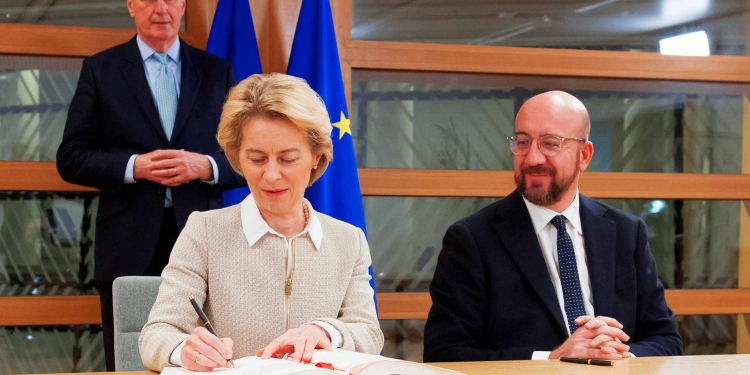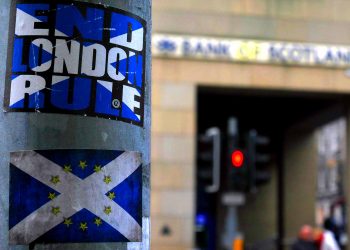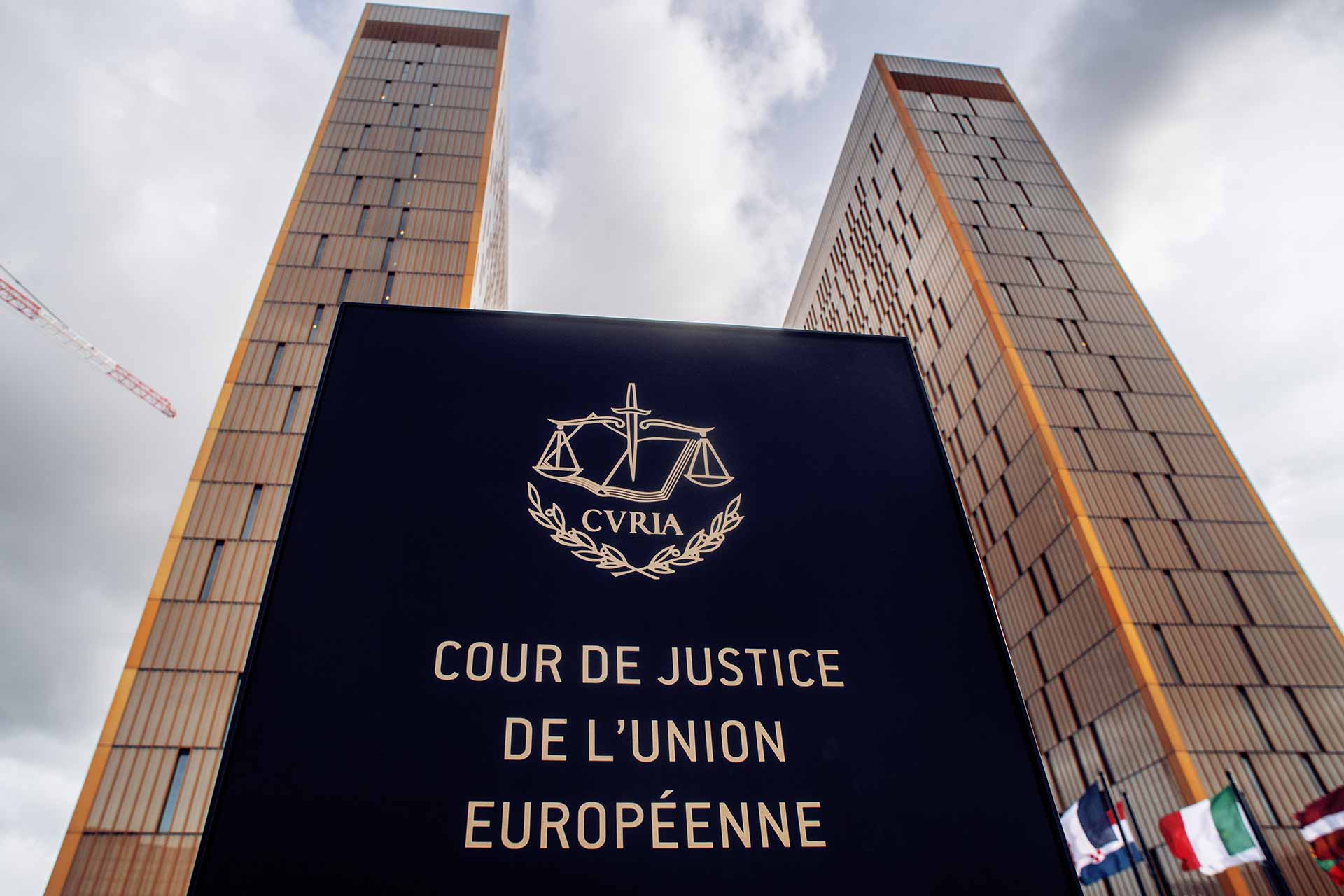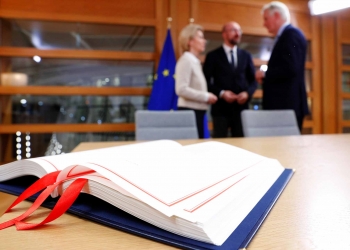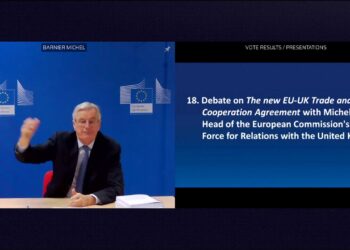The United Kingdom is set to leave the European Union on 31 January 2020 at midnight (Brussels time). It will no longer be a Member State of the European Union after Brexit day. This is a decision that the EU regrets but respects.
On 29 March 2017, the United Kingdom notified the European Council of its intention to leave the European Union, in accordance with Article 50 of the Treaty on European Union. The European Commission’s Task Force for Relations with the United Kingdom (UKTF) coordinates the work on all strategic, operational, legal and financial issues related to the United Kingdom’s withdrawal and its future relationship with the European Union. Michel Barnier is the Head of this Task Force.
Brexit negotiations have just started!
United Kingdom’s withdrawal and its future after Brexit relationship with the European Union.
How will Britain and Europe build a new relationship after Brexit?
The EU and the United Kingdom have conducted intensive negotiations to agree on the terms of the UK’s withdrawal and create legal certainty once EU law ceases to apply to the UK. Throughout these negotiations, the European Commission has ensured an inclusive process, with regular meetings of the 27 EU Member States, as well as with the European Parliament and national parliaments. Additional input from EU consultative bodies and stakeholders has helped the European Commission gather evidence in the process. Unprecedented transparency was ensured throughout, as the European Commission published negotiating documents, and all other relevant documents on its website for the after Brexit period.
BREXIT DAY : 31 January 2020 at midnight (Brussels time)
The result of the negotiations is the Agreement on the Withdrawal of the United Kingdom of Great Britain and Northern Ireland from the European Union and the European Atomic Energy Community. It was formally signed by the President of the European Council, Charles Michel, and the President of the European Commission, Ursula von der Leyen. Prime Minister Boris Johnson also signed the Agreement in the United Kingdom.
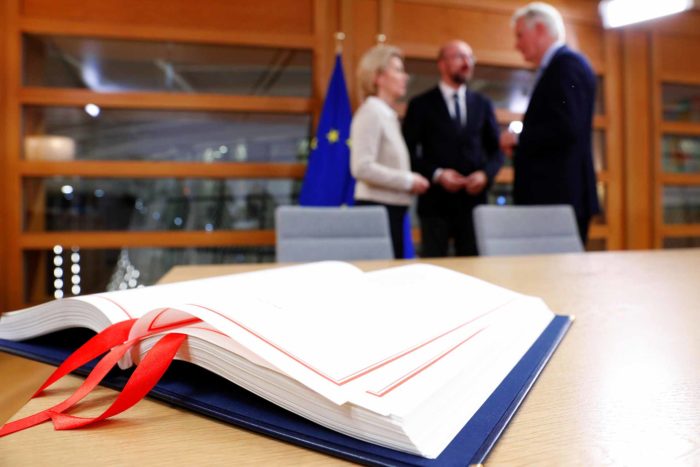
The European Parliament will hold a vote on the deal on 29 January. Once the Parliament has given its consent, the Council will adopt, by written procedure, the decision on the conclusion of the agreement on behalf of the EU. Once adopted, the withdrawal agreement will enter into force upon the UK’s exit from the EU, on 31 January 2020 at midnight (Brussels time).
From the moment the UK’s referendum result was announced, the EU underlined that it would respect Britain’s decision. A joint statement issued immediately after the result said:
In a free and democratic process, the British people have expressed their wish to leave the European Union. We regret this decision but respect it.
There have been many rounds of talks since then, and from the start, the EU was ready to negotiate as soon as the UK had notified its intention to withdraw. In UK the Queen supported EU withdrawal in the run-up to the referendum. As the EU treaties foresee the possibility of a withdrawal in the now well-nown Article 50, the process ahead was well defined.
There have been complex matters to resolve, but the priority has been to ensure an orderly withdrawal of the UK in order to reduce uncertainty and disruption for citizens, businesses and member states alike.
And throughout, the EU has consistently stood by its determination to be united, transparent in its position and prepared for the future after Brexit, and to do everything in an orderly way and within the legal framework defined by the EU treaties.

